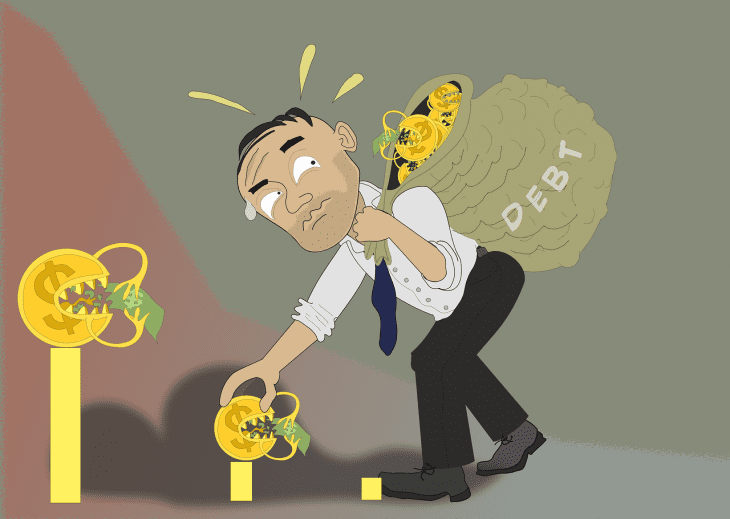Though Americans hold more than $1 trillion in revolving debt, according to the Federal Reserve, many have never tried to consolidate what they owe.
In our recent survey of more than 1,000 credit card users, 48% of respondents indicated that they’ve never tried consolidating credit card debt.
Of those who had never tried it, 25% were afraid it would hurt their credit score and 24% worried about scams. Another 22% of respondents said that consolidating credit card debt seemed like too much work.
Of course, consolidating this type of debt might not be the right choice for everyone. But if you’re being held back by fears of scams or you dread the work that’s involved, those are simple problems to solve. Here’s how you can consolidate your credit card debt in an easy, safe way.
Why consolidate your credit card debt?
When you consolidate your credit card debt, you take out a loan to cover what you owe on your cards. You pay off your cards with this money and then focus on repaying the new loan. There are a few reasons why consolidating your debt could be beneficial:
- Lower interest rate: You might be able to pay less interest on a personal loan, especially if your credit has improved since you got your credit cards.
- One simple payment: Instead of tracking multiple payments and due dates for each credit card, you only have one lender to pay every month when you consolidate your debt.
- Modify your monthly payments: If you need to create more room in your budget, consolidating your debt is a chance to do that. If you qualify for a lower interest rate or stretch out the length of your loan, you could get a lower monthly payment.
5 steps to take before consolidating your credit card debt
If you’ve been thinking about consolidating your credit card debt but are unsure about the process, here’s where to start.
1. Find out how much you could save
Sometimes, seeing how much you stand to save could be the push you need to consolidate debt. A simple way to estimate how much money you could save is to use a free online calculator.
Plug in information about your current credit card accounts, as well as an estimated interest rate and term for your new loan. The calculator will do all the math for you. Doing this at the start of the process will help you determine if it’s worth your time to keep pursuing a credit card consolidation loan.
2. Shop for a loan online
If you’re worried about hurting your credit score by getting a new loan, there’s an advantage to shopping for personal loans online: Many lenders do a soft credit check to give you an estimated interest rate. A soft credit check ensures your credit score won’t be negatively impacted as you research rates.
Gather estimated rates from a few lenders that interest you. That way, you can easily compare loan terms to find the best deal.
3. Avoid debt relief scams
It’s true that there are some credit card consolidation scams out there. These are companies that vaguely promise to settle your debt for you or help you avoid your debt altogether.
The biggest tip to avoid these is to do your research. Telltale signs could indicate that what these companies promise is too good to be true. If you’re charged a fee upfront, for example, steer clear.
However, you likely don’t need to spend a lot of time assessing debt relief companies. You really don’t need one to consolidate your credit card debt. You can apply for a personal loan and use that to consolidate your debt on your own.
4. Look out for origination fees
If you’re shopping for a personal loan, you’ll find that some lenders charge an origination fee. You could prioritize lenders that don’t charge this fee. Or, you could factor in the additional cost in your calculations to make sure the loan is still a wise choice.
5. Don’t get a loan you can’t afford
Unlike credit cards, which you can pay off at your own pace, loans have a fixed repayment schedule. If you consolidate a high credit card balance, that could translate into high monthly payments on your new loan.
Make sure you can comfortably afford the monthly payments on the loan before you finalize it, otherwise you risk sinking further into debt and damaging your credit.
Stop borrowing after you consolidate your credit card debt
Once you’ve paid off your credit cards, don’t start charging new expenses to them. This will only leave you with more debt that you can’t afford.
Making some simple changes to the way you approach your finances could go far in keeping you out of trouble in the future. If you start creating healthy financial habits now, they’ll definitely pay off down the road.
About Jolene: Jolene Latimer is a writer for Student Loan Hero. She has her Master’s in Specialized Journalism from the University of Southern California.









